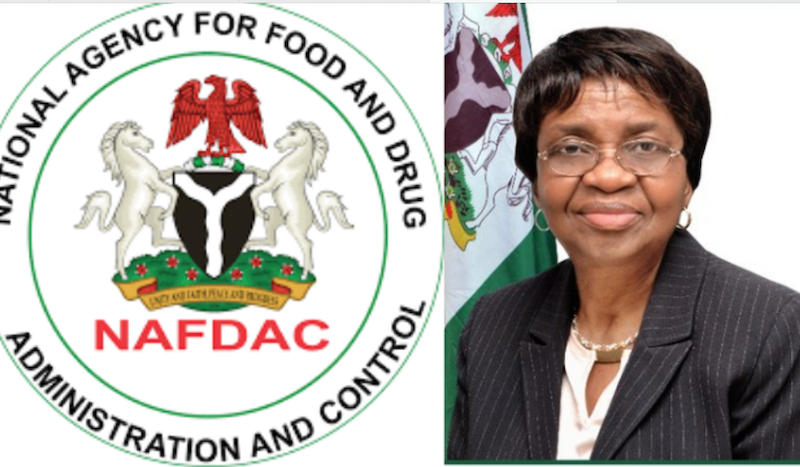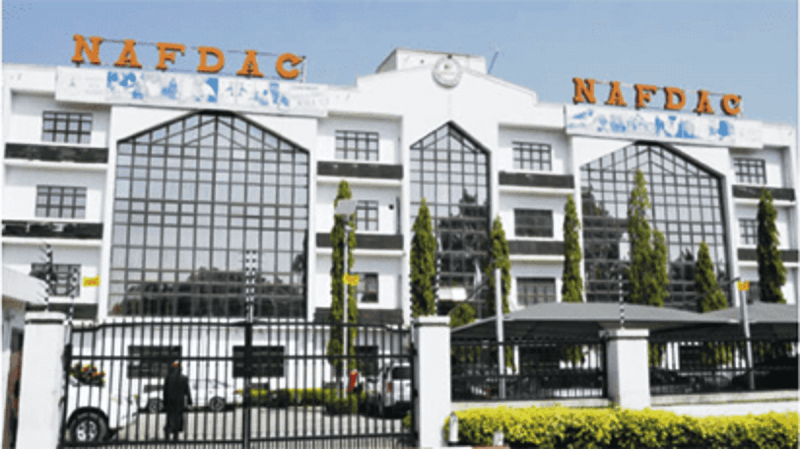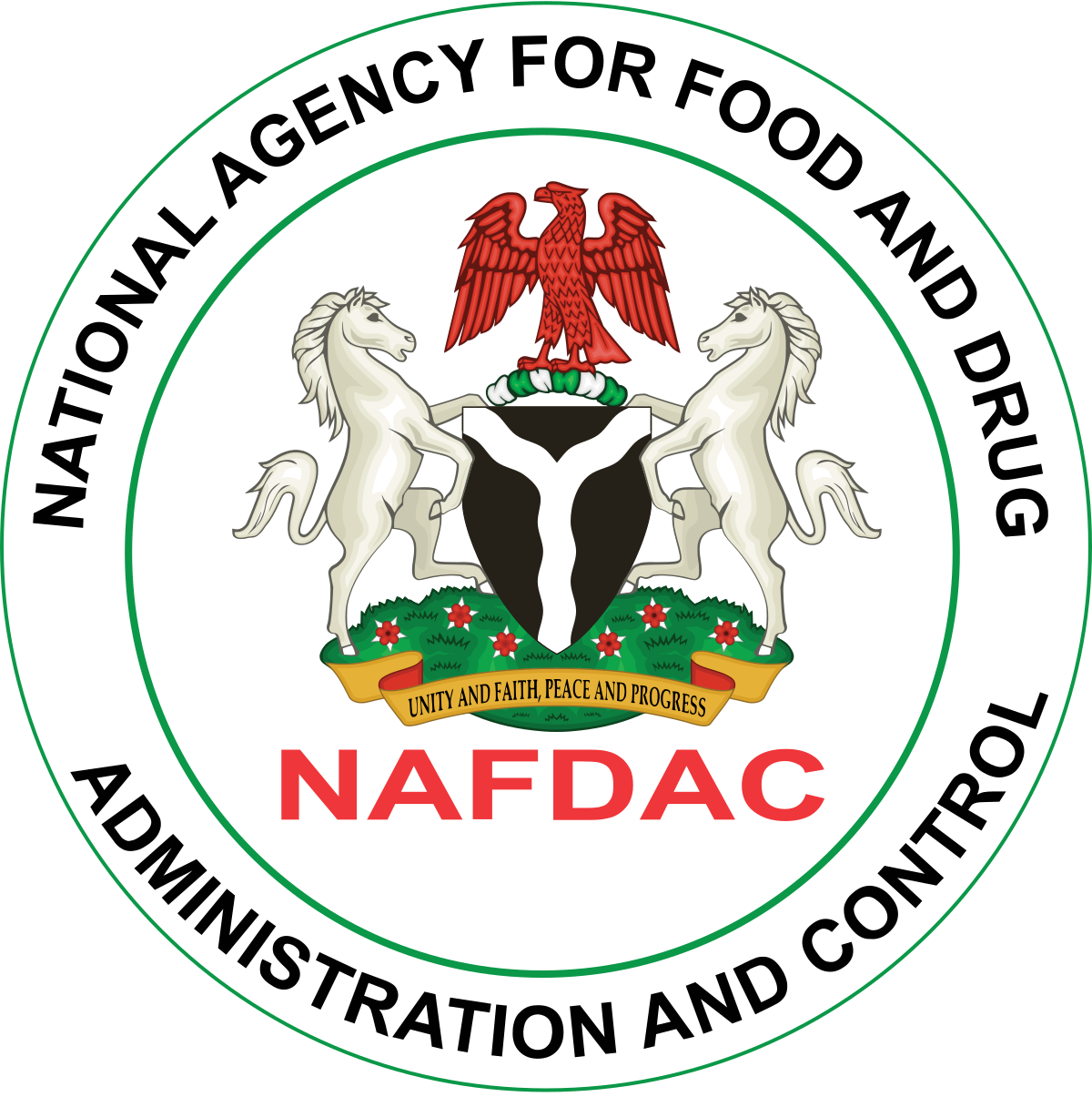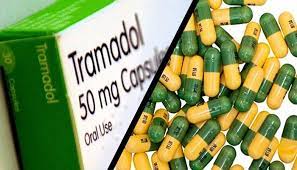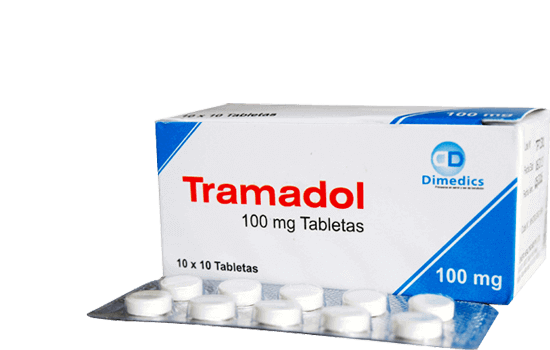The National Agency for Food and Drugs Administration and Control (NAFDAC) has raised an alarm over the use of PrimeZen Black 6000mg, a male performance enhancement capsule known in local parlance as “manpower”.
TheNewsGuru.com (TNG) reports NAFDAC as saying the male performance enhancement capsule contains undeclared ingredients they were made of and therefore, has been recalled, following an analysis by the Food and Drug Agency (FDA) of the United States of America (USA).
NAFDAC in a public alert with No. 015/2023, issued on Sunday in Abuja by its Director-General, Prof Mojisola Adeyeye, therefore, warned users/consumers against the use of the male performance enhancement capsule recalled from the market.
Adeyeye said that Volt Candy is voluntarily recalling the one lot of PrimeZen Black 6000mg capsule alongside its 2000mg, due to undeclared ingredients they were made of by their manufacturer in America.
“The recall followed the analysis of Food and Drug Agency (FDA) of the United States of America, an FDA, which found the PrimeZen capsules to contain undeclared tadalafil and sildenafil.
“Sildenafil and tadalafil are phosphodiesterase (PDE-5) inhibitors found in FDA-approved products for the treatment of male erectile dysfunction.
“The presence of sildenafil and tadalafil in PrimeZen Black 6000mg capsules renders them unapproved drugs for which safety and efficacy have not been established and, therefore, subject to recall.
“Risk Statement, PrimeZen Black 6000 capsules containing sildenafil and tadalafil may interact with nitrates found in some prescription drugs (such as nitroglycerin) and may cause a significant drop in blood pressure that may be life-threatening.
“People with diabetes, high blood pressure, high cholesterol, or heart disease often take nitrates.
“Among the adult male population who are most likely to use these products, adult males who use nitrates for cardiac conditions are most at risk from these products,” she said.
According to her, “The product details are as follows; PrimeZEN Black 6000 male enhancement capsules, manufactured by Volt Candy, 324 S. Diamond Bar Blvd #212, USA.”
The NAFDAC boss said that the lot Number: NPINPB 1003, UPC code: 728175521891, expiration date is Aug. 16, 2025 for PrimeZen Black 6000mg being marketed online as a dietary supplement for male enhancement and is packaged in a blister card with one capsule.
Adeyeye added that the product can be identified by the card color in black with the name on it PrimeZen Black 6000.
She said, “NAFDAC hereby implores members of the public in possession of the above product to stop the sale or use, as well as handover the product to the nearest agency office.”
The DG appealed to those who have the falsified product, to “please DO NOT use it.”
“If you, or someone you know, have used the product, or suffered any adverse reaction after use, please seek immediate medical advice,” she advised.
She also advised healthcare professionals and consumers to report any suspicion of adverse drug reaction, substandard and falsified medicines to the nearest NAFDAC office.
Adeyeye said that the public was also advised to report any adverse reactions to the product to NAFDAC on 0800-162-3322 or via email: alert@nafdac.gov.ng”.
The DG also encouraged healthcare professionals and patients to report adverse events or side effects related to the use of medicinal products through the use of the E-reporting platforms available on the NAFDAC website “http://www.nafdac.gov.ng/”.
